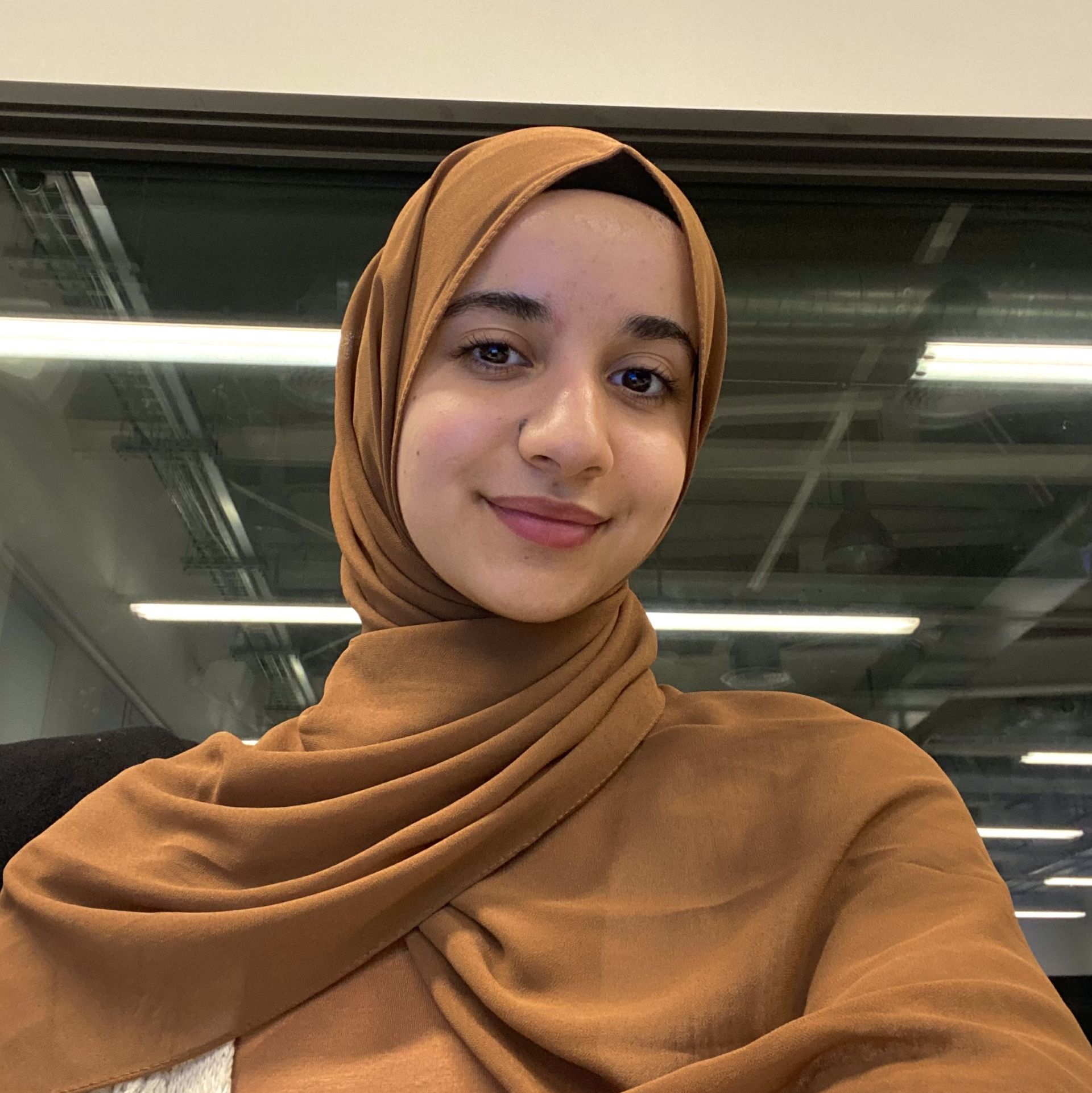 |
Reem Zemour, PhD student, since 2024
Transforming the Future: AI-powered Sustainable solution to enable fast response to dangerous pollution levels for a breathable tomorrow
Supervision Team: Dr Farzana Rahman (FS), Prof. Jean-Christophe Nebel
|
|
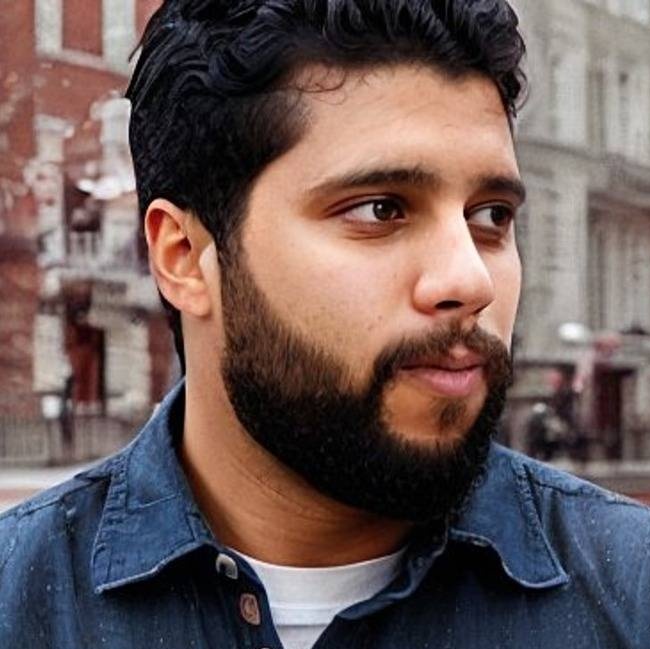 |
Nour Eldin Alaa Badr, PhD student, since 2023
Deep Fake Detection for Human Faces
Supervision Team: Dr Xing Liang (FS), Prof. Jean-Christophe Nebel, Dr Greenhill
|
|
 |
Peter Edwards, PhD student, since 2023
A Deep Learning Methodology for the Automatic Detection of Deepfake Media
Supervision Team: Dr Xing Liang (FS), Prof. Jean-Christophe Nebel, Dr Greenhill
|
|
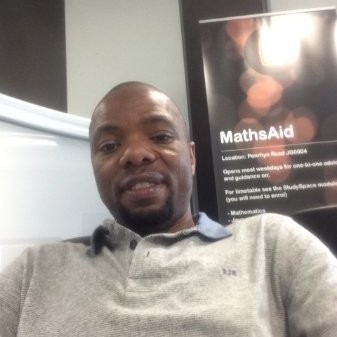 |
Stenford Ruvinga, PhD (2024)
Bees as Environmental Sensors - The Application of Signal Processing and Machine Learning to Model, Quantify and Predict the Effects of Environmental Stressors on the Health and Well-Being of Bees
Supervision Team: Dr Gordon Hunter (FS), Dr Olga Duran, Prof. Jean-Christophe Nebel and Dr Rosa Busquets
|
|
 |
Nati Ofir, PhD (2021)
Classic versus deep approaches to address computer vision challenges: A study of the problems of faint edge detection and multispectral image registration
Supervision Team: Prof. Jean-Christophe Nebel (FS)
Next position: Algorithm Developer at Applied Materials
|
|
 |
Ioannis Kazantzidis, PhD (2019)
Genomics-inspired Computer Vision
Supervision Team: Dr Jean-Christophe Nebel (FS), Dr Francisco Florez-Revuelta, Dr Natasha Hill
Next position: Co-Founder & Research Lead at Yepic AI
|
|
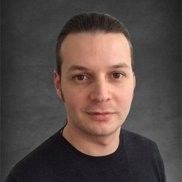 |
Spyridon Bakas, PhD (2014)
Computer-Aided Localisation, Segmentation and Quantification of Focal Liver Lesions in Contrast Enhanced Ultrasound
Supervision Team: Dr Dimitrios Makris (FS), Dr Gordon Hunter, Dr Jean-Christophe Nebel
Next position: Postdoctoral Researcher at the University of Pennsylvania, USA
|
|
 |
Alexandros Moutzouris, PhD (2013)
Pose Recovery from Multiple Cameras in Complex Scenarios
Supervision Team: Dr Dimitrios Makris (FS), Dr Jean-Christophe Nebel
|
|
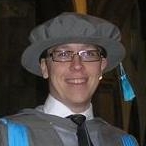 |
Michal Lewandowski, PhD (2011)
Advanced dimensionality reduction methods applied to action recognition [PDF]
Supervision Team: Dr Jean-Christophe Nebel (FS), Dr Jarek Francik, Dr Dimitrios Makris, Dr James Orwell
Next position: Postdoctoral Researcher at Kingston University
|
|
 |
Paul Kuo, Research assistant, 2006-2009
Posture recognition from video sequence
Sup. Team: J.-C. Nebel, D. Makris
|
|
 |
Amin Dadgar, MSc student, 2007-2009
Pose recovery in context specific scenarios
Sup. Team: D. Makris (FS), J.-C. Nebel, T. Ellis
|
|
 |
Jesus Martinez del Rincon, Vis. PhD stud., 07-08
Robust multi-target tracking (Comp. Vision Lab, Zaragoza U., Spain)
KU Sup. Team: J.-C. Nebel, D. Makris
|
|
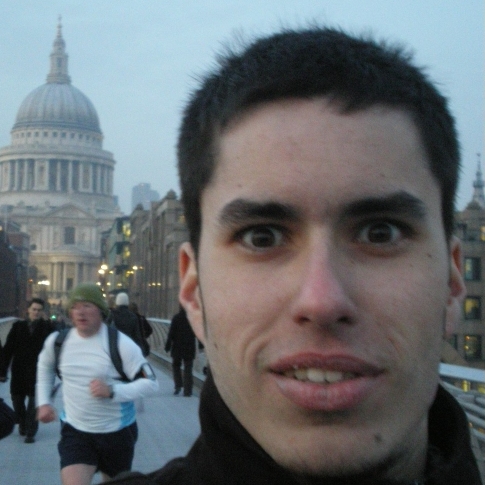 |
Thibault Ammar, Visiting Master student, 2008
3D posture recovery (ISTASE, France)
KU Sup. Team: J.-C. Nebel, P. Kuo
|
|
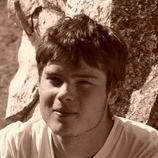 |
Romain Dieny, Visiting Master student, 2010
Stereo matching (ENSPS, France)
KU Sup. Team: J.-C. Nebel, J. Martinez del Rincon
|
|
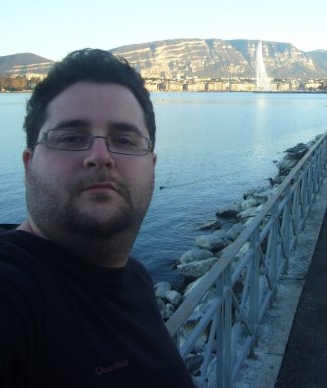 |
Francisco Martinez, Postgraduate researcher, 2010-2011
Action recognition
Sup. Team: J.-C Nebel, S. Velastin
|
|
 |
Jerome Thevenon, Postgraduate researcher, 2010-2011
Action recognition
Sup. Team: J.-C. Nebel, S. Velastin
|
|
 |
Maria Jose Santofimia Romero, Visiting Lecturer, 2011-2012
Action recognition (University of Castilla-La Mancha, Spain)
Sup. Team: J.-C Nebel, J. Martinez del Rincon
|
|
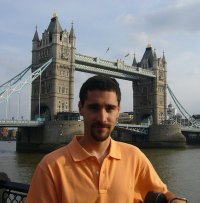 |
Jesus Martinez del Rincon, Research Fellow, 2009-12
3D Articulated Tracking
Sup. Team: D. Makris, J.-C. Nebel
|
|
 |
Ana Carolina dos-Santos-Paulino, Visiting Master student, 2013
Evolutionary algorithm for dense pixel matching (Telecom Physique Strasbourg)
Sup. Team: F. Florez-Revuelta, J.-C. Nebel
|
|
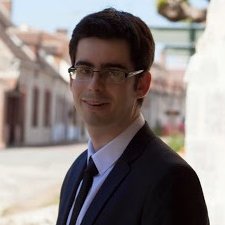 |
Mickael Dequidt, Visiting Master student, 2014
Foreground extraction (ENSICAEN, France)
Sup. Team: J.-C. Nebel
|
|
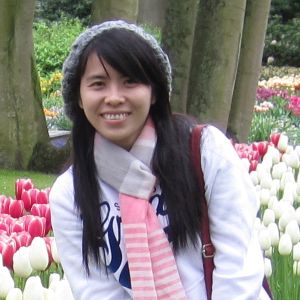 |
Hoa-Cuc Nguyen-Thi , Research student, 2014-2018
Recognition of activities of daily living with wearable vision systems
Sup. Team: F. Florez-Revuelta, J.-C. Nebel
|
|
|
|
|
|
|
|
|
|
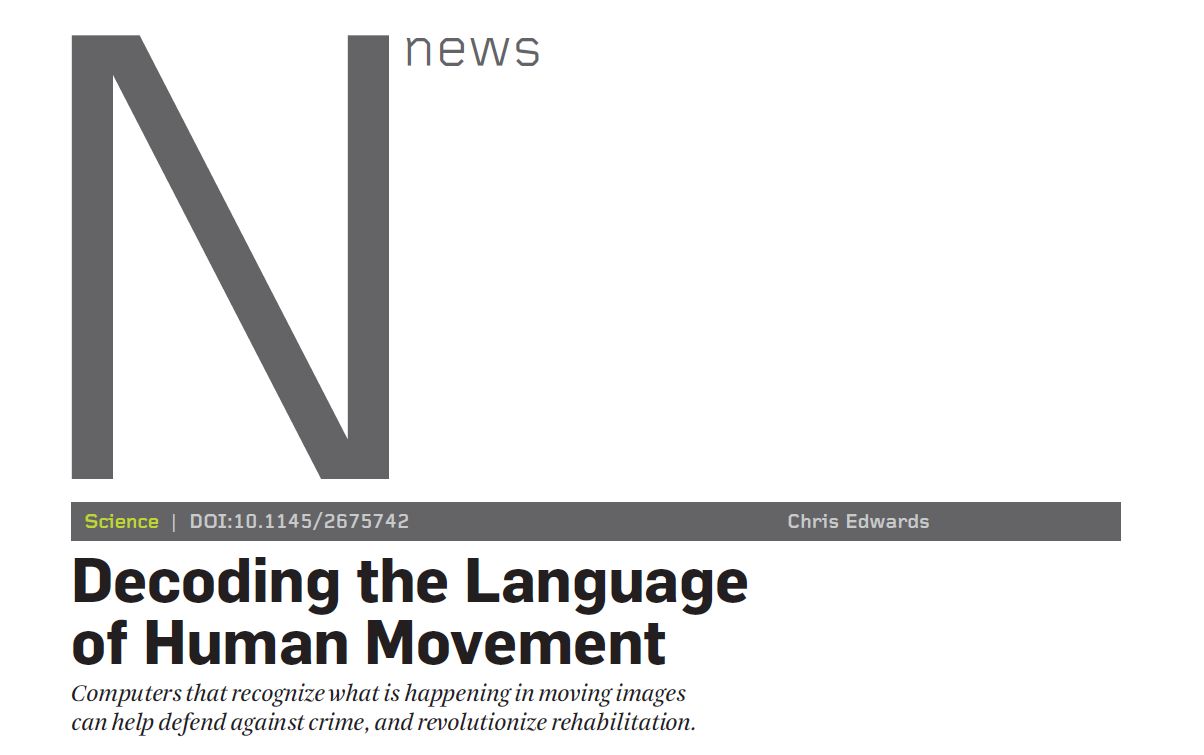 |
 Decoding the Language of Human Movement, by Chris Edwards
Decoding the Language of Human Movement, by Chris Edwards
Communications of the ACM, Vol. 57 No. 12, Pages 56-67, December 2014
"Computers that recognize what is happening in moving images can help defend against crime, and revolutionize rehabilitation."
Our research on 'Episodic Reasoning for Vision-Based Human Action Recognition' is featured in this article.
|
|
 |
 Des cameras intelligentes pour surveiller le quartier des Paquis a Geneve
Des cameras intelligentes pour surveiller le quartier des Paquis a Geneve
RTS INFO, Friday, 9 August 2013
Combattre la criminalite avec des cameras capables de detecter des comportements suspects. Geneve n'exclut pas de recourir a la videosurveillance dite "intelligente" dans son projet pilote pour les Paquis. Les autorites genevoises n'ont pas pris de decision finale. Le Grand Conseil se penchera sur la question surement cet automne. Mais quelles sont les capacites et limites de la videosurveillance intelligente? L'enquete de Jordan Davis.
|
|
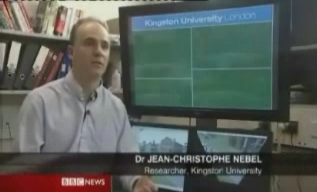 |
 New gun spotting role for CCTV
New gun spotting role for CCTV
BBC News 24, Tuesday, 20 March 2007
Experts are investigating whether CCTV cameras could be used to see if a person is carrying a weapon.
|
|

